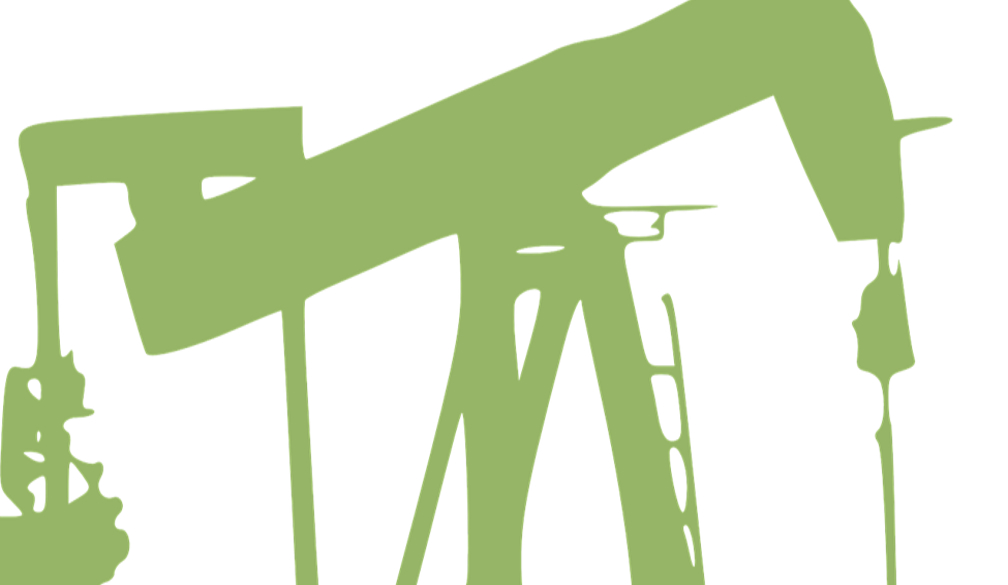Uses of Petroleum

Petroleum, also known as crude oil, is a versatile and invaluable resource that powers numerous aspects of our daily lives. Derived from ancient organic materials buried deep in the Earth's crust, petroleum such as petronpay has become the lifeblood of modern society, fueling transportation, heating our homes, and driving industrial processes. In this article, we will explore the diverse uses of petroleum and its significant contributions to various industries.
The Importance of Petroleum in Everyday Life
Petroleum plays a crucial role in our everyday lives, impacting various sectors and enabling the smooth functioning of society. One of the most well-known uses of petroleum is as a fuel source. It is refined into gasoline, diesel, and jet fuel, enabling us to power cars, trucks, airplanes, and other modes of transportation. Without petroleum-based fuels, our ability to travel and transport goods efficiently would be severely compromised.
Apart from transportation, petroleum also has a significant impact on the production of energy. Many power plants rely on petroleum to generate electricity, particularly in areas where other energy sources are limited or expensive. Petroleum-fired power plants provide a reliable and accessible energy source, contributing to the stability of the electrical grid and meeting the energy demands of industries and households.
Petroleum in Transportation
The transportation sector heavily relies on petroleum-based fuels to keep the world moving. Gasoline, one of the most common petroleum products, powers the majority of cars and light-duty vehicles globally. Its high energy density and combustibility make it an efficient fuel for internal combustion engines, allowing vehicles to travel long distances with relative ease.
Diesel, another derivative of petroleum, is commonly used in heavy-duty vehicles such as trucks, buses, and trains. Diesel engines are known for their fuel efficiency and durability, making them ideal for long-haul transportation and heavy loads. Petroleum's versatility in providing different fuel options allows for a diverse transportation network that caters to various needs and requirements.
Petroleum in Energy Production
In addition to powering transportation, petroleum also plays a vital role in energy production. While renewable energy sources such as wind, solar, and hydroelectric power are gaining traction, petroleum still serves as a significant energy source in many parts of the world. Petroleum-fired power plants, also known as thermal power plants, utilize the combustion of petroleum to generate steam, which drives turbines to produce electricity.
These power plants offer reliability and flexibility, as they can quickly respond to fluctuations in electricity demand. They provide a backup source of energy during peak usage periods or when renewable energy sources are insufficient. Petroleum's contribution to energy production ensures a stable energy supply, supporting industries, businesses, and homes that rely on electricity for their operations.
Petroleum in Manufacturing
Petroleum serves as a raw material in various manufacturing processes, contributing to the production of essential goods and materials. One of the main areas where petroleum is utilized is in the manufacturing of plastics. Petrochemicals derived from petroleum are used as feedstock for producing a wide range of plastic products, including packaging materials, containers, toys, and automotive components.
Moreover, petroleum-based materials are integral to the construction industry. Asphalt, a petroleum product, is used for road surfacing and waterproofing. Additionally, petroleum-based products such as lubricants, adhesives, and solvents play vital roles in manufacturing processes across industries, ensuring smooth operations and the production of high-quality goods.
Petroleum in the Petrochemical Industry
The petrochemical industry heavily relies on petroleum as a feedstock for producing various chemical compounds. Petrochemicals, derived from petroleum refining or natural gas processing, are used in the manufacturing of synthetic materials, fertilizers, and pharmaceuticals. Ethylene, propylene, and butadiene, among others, are essential building blocks for the production of plastics, rubber, textiles, and fibers.
Furthermore, petroleum-based fertilizers play a crucial role in modern agriculture, enhancing crop yields and ensuring food security. Ammonia and urea, derived from petroleum, are commonly used as nitrogen-based fertilizers to promote plant growth and increase agricultural productivity. The petrochemical industry's reliance on petroleum underscores its significance in the production of essential materials and chemicals that drive economic growth and innovation.
Environmental Impacts of Petroleum Use
While petroleum offers numerous benefits, its extraction, production, and consumption have significant environmental impacts. The extraction of petroleum can lead to habitat destruction, pollution of air and water, and the release of greenhouse gases. Oil spills, both accidental and intentional, can have devastating effects on marine ecosystems and wildlife, leading to long-term ecological damage.
Furthermore, burning petroleum-based fuels releases carbon dioxide and other greenhouse gases, contributing to climate change and air pollution. Reduced air quality and increased emissions of harmful pollutants pose health risks to both humans and the environment. As society becomes more conscious of these environmental impacts, efforts are being made to reduce dependence on petroleum and transition to cleaner and more sustainable energy sources.
Future Trends in Petroleum Usage
As the world seeks to mitigate climate change and reduce reliance on fossil fuels, the future of petroleum usage is likely to undergo significant changes. The adoption of renewable energy sources such as solar, wind, and hydropower is increasing, presenting alternatives to petroleum in the production of electricity. Additionally, advancements in battery technology and the rise of electric vehicles are gradually decreasing the demand for petroleum-based fuels in transportation.
However, petroleum will likely remain a valuable resource in the foreseeable future, especially in industries where alternatives are limited or underdeveloped. The petrochemical industry, for instance, will continue to rely on petroleum as the primary feedstock for the production of synthetic materials and chemicals. Furthermore, ongoing research and development efforts aim to improve the efficiency of petroleum extraction, refining, and utilization, minimizing environmental impacts and enhancing sustainability.
Alternatives to Petroleum
As society strives to reduce its dependence on petroleum, the development and adoption of alternative energy sources are gaining momentum. Renewable energy sources such as solar, wind, hydroelectric, and geothermal power offer clean and sustainable alternatives to petroleum for electricity generation. These sources provide a virtually endless supply of energy while minimizing greenhouse gas emissions and environmental impacts.
In the transportation sector, electric vehicles (EVs) powered by electricity from renewable sources are becoming increasingly popular. EVs offer lower emissions, reduced reliance on petroleum-based fuels, and potential cost savings over the long term. Additionally, advancements in biofuels derived from organic matter, such as corn, sugarcane, and algae, present viable alternatives to traditional petroleum-based fuels.
Conclusion
Petroleum's uses are vast and varied, with its contributions extending to transportation, energy production, manufacturing, and the petrochemical industry. While the environmental impacts of petroleum use are a concern, efforts are underway to transition to cleaner and more sustainable energy sources. As technology advances and society becomes more conscious of the need for environmental stewardship, the future of petroleum usage will likely involve a diverse energy mix with an emphasis on renewable sources.









